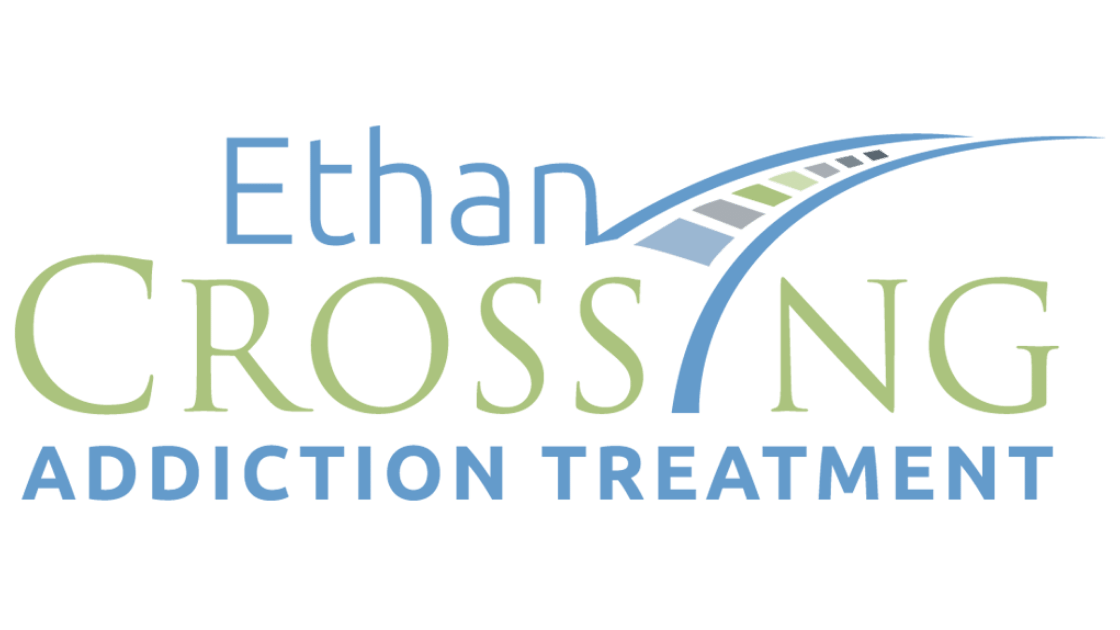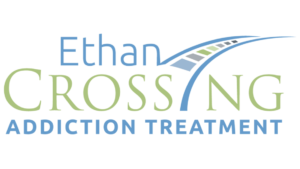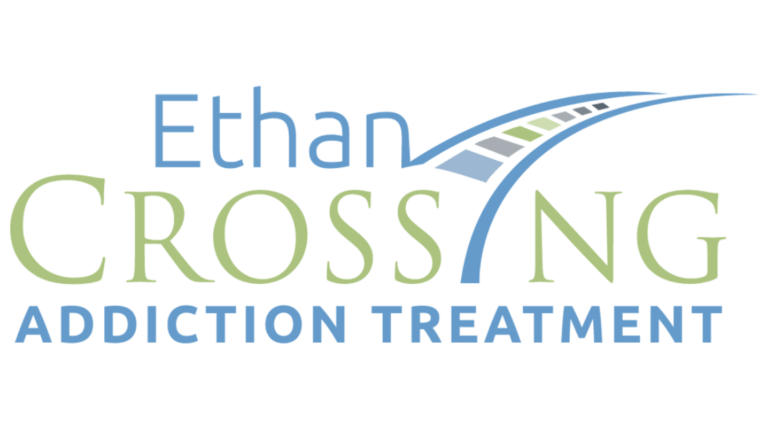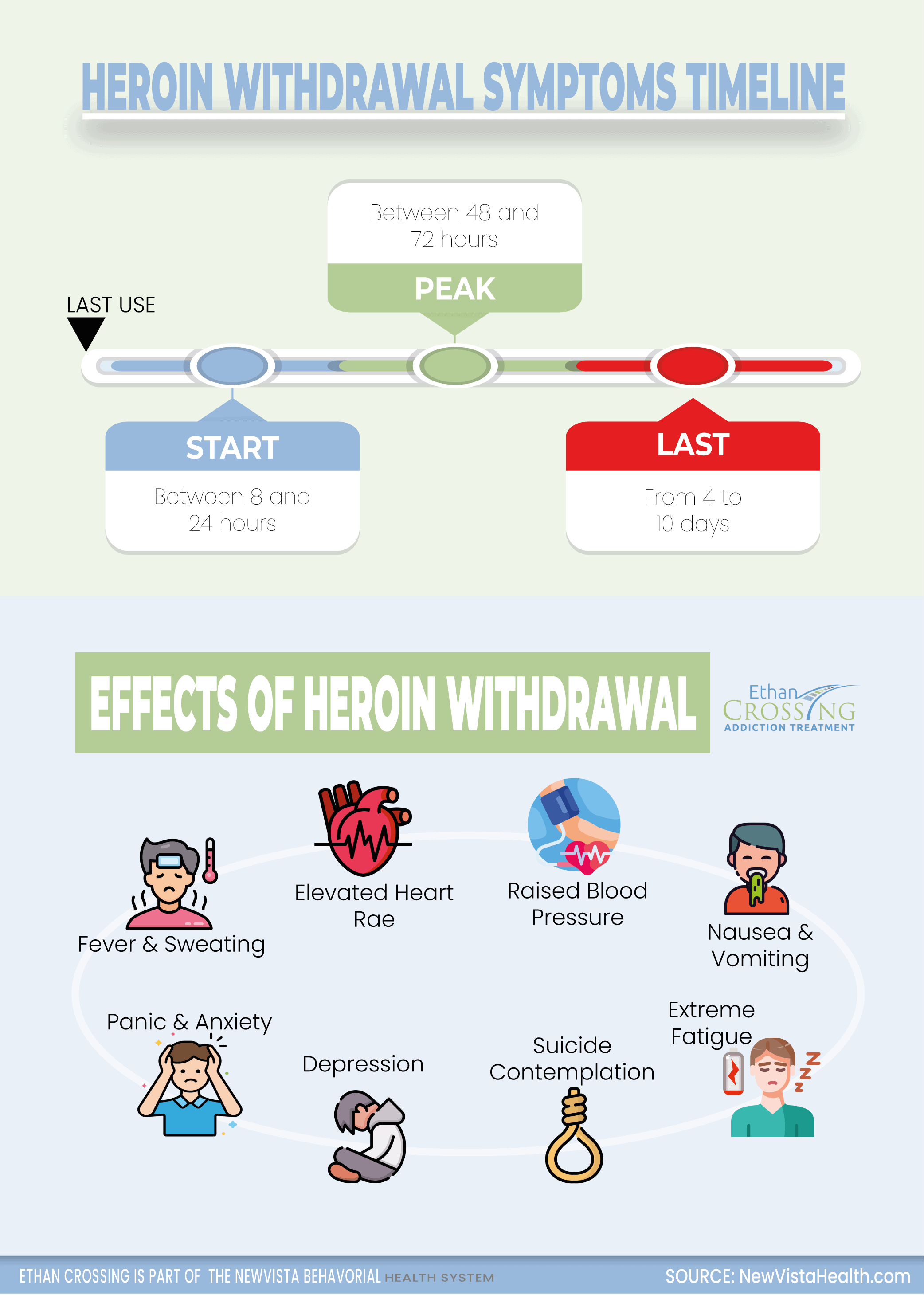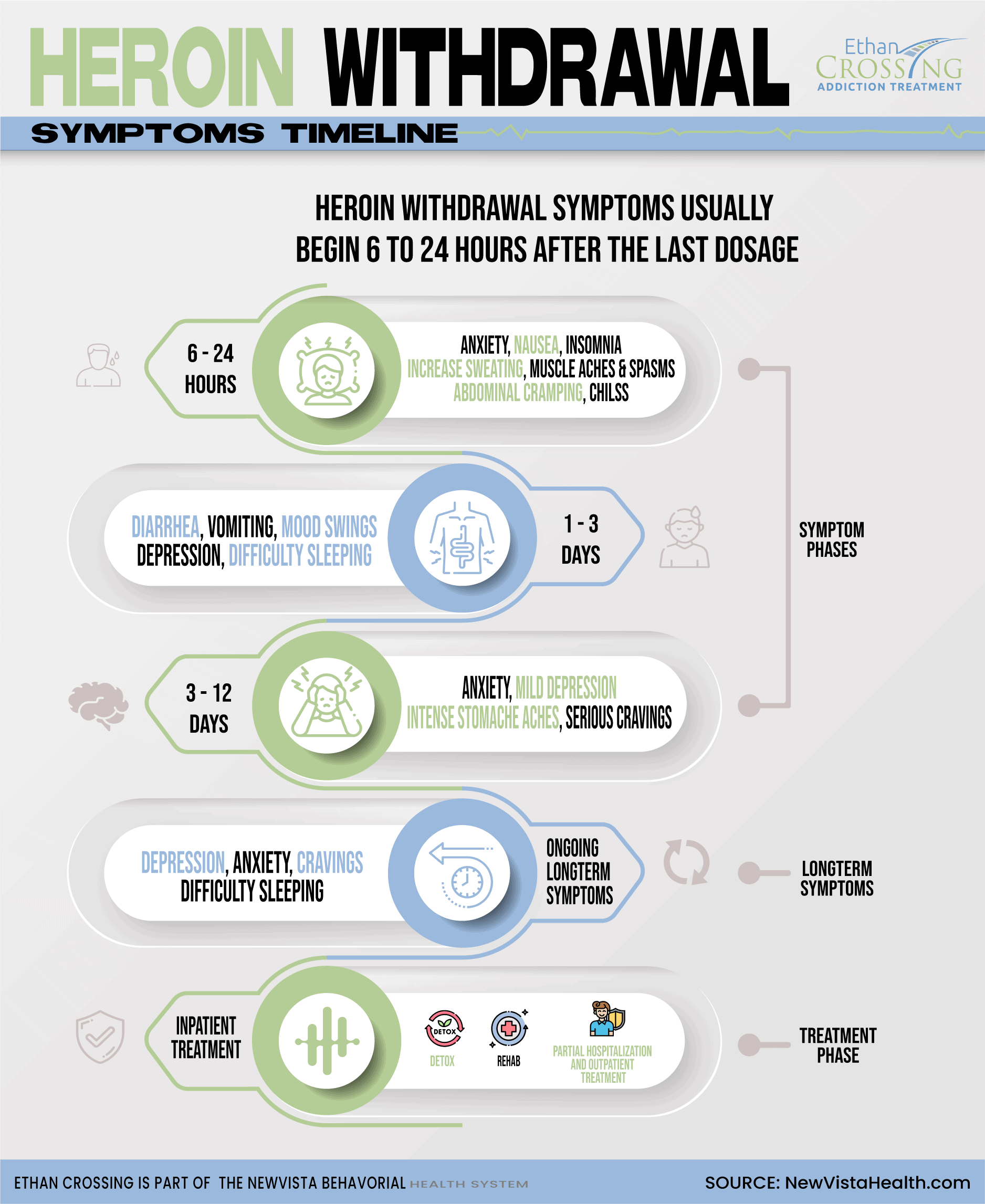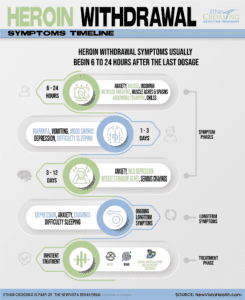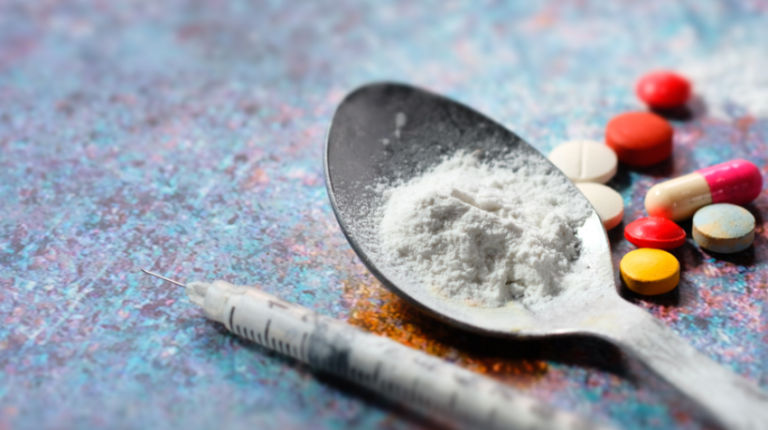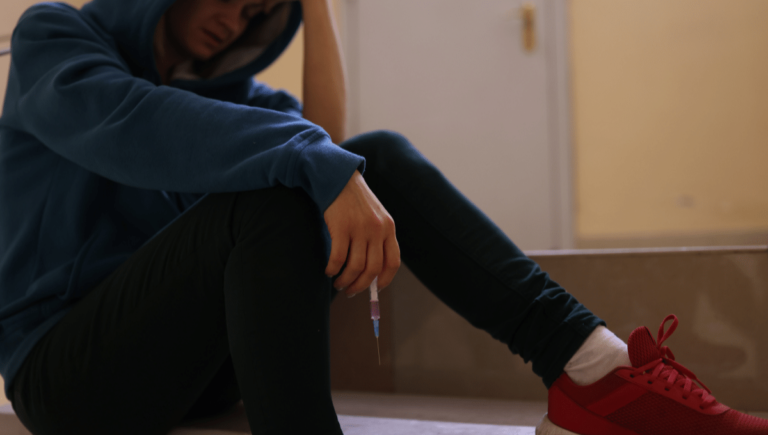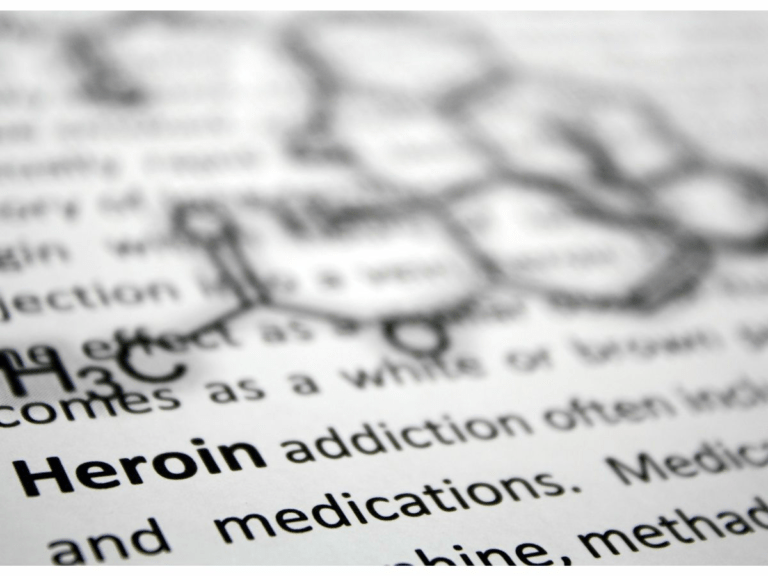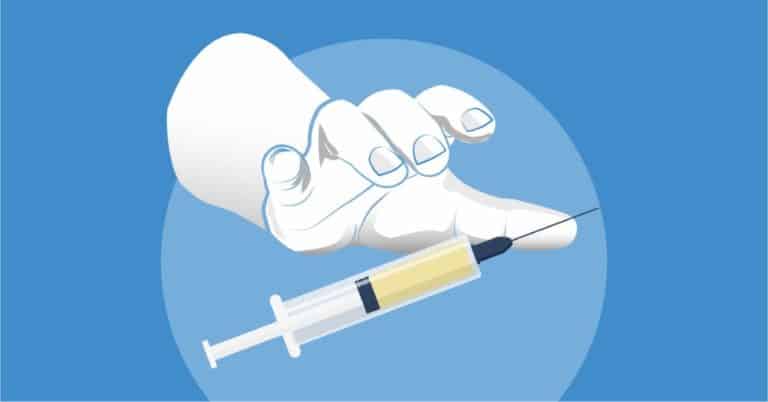Heroin impacts the brain reward system, increasing the user’s tolerance to the drug’s effects over time. The user eventually needs higher doses to reach the same “high” as before. When someone addicted to heroin stops using, withdrawal symptoms set in.
When someone is physically dependent upon heroin and then tries to stop using it abruptly, they may experience a myriad of uncomfortable and distressing withdrawal symptoms. The physical symptoms of of heroin withdrawal, such as diarrhea, vomiting, achy muscles and bones, and chills, can often make it more challenging to quit because the person may be tempted to resume using the drug to delay or otherwise decrease the unpleasant sensations of withdrawal. Professional medical detox and withdrawal management efforts can go a long way to make this initial period of recovery much more comfortable for individuals seeking to quit heroin.
Jump To Section
Heroin Withdrawal Symptoms
Users begin experiencing withdrawal between 6 and 12 hours after their last heroin dose. Withdrawal from heroin may resemble that from prescription opioids. Because heroin leaves the user’s system faster than painkillers do, withdrawal comes about more quickly and abruptly.
Withdrawal often feels like a horrible case of the flu. The worst pain and discomfort lasts a week — about as long as a bad flu — with withdrawal symptoms peaking during the second or third day.
Some of the most common withdrawal symptoms during a heroin detox include:
- bone and muscle aches
- muscle spasms
- tearing eyes and runny nose
- abdominal cramping
- nausea and vomiting
- trouble concentrating
- fatigue
- insomnia
- rapid heart rate
- impaired breathing
- depression
- intense drug cravings
Determining Factors For Length Of Withdrawal
The length of withdrawal from heroin depends on several factors. Some of the most important factors include:
- The length of time the user abused heroin
- The amount of heroin they took each time
- How frequently they used heroin
- The method by which they took heroin
- The presence of underlying medical or mental health issues
Depending on the level and length of use, recovering heroin addicts are likely to suffer post-acute withdrawal symptoms (PAWS), including poor sleep, poor concentration, and increased anxiety. PAWS can last anywhere from 18-24 months. The effects on mood and behavior can last months after other withdrawal symptoms pass. However, as time goes by and the user remains drug-free, the symptoms will slowly begin to diminish and finally disappear as the user is fully free of the usage.
Heroin Withdrawal Symptoms Timeline
| Days 1-2 | Symptoms may begin as soon as 6 hours after the last dose. Pain will start to develop on the first day, typically muscle aches. These will intensify over the first 48 hours. Other symptoms during this period include anxiety, panic attacks, insomnia, shaking, and diarrhoea. |
| Days 3-5 | By the third or fourth day, withdrawal is in full swing. Symptoms during this time often include abdominal cramping, sweating, shivers and nausea/vomiting. |
| Days 6-7 | A week is typically the end of what’s known as acute withdrawal. During this time, the common muscle aches and nausea will taper off. Physically, former users will start to feel more normal (though still worn down and tired). |
| Post-Acute Withdrawal Syndrome (PAWS) | Symptoms of withdrawal may continue inconsistently for months after acute withdrawal. These are caused by the neurological changes from Heroin use. Common long-lasting symptoms include anxiety, depression, fatigue, insomnia, and irritability. |
Heroin Withdrawal Timeline Infographic
Addiction Treatment Centers By Location
All Treatment Centers: See Rehab Centers
Springfield: Ethan Crossing Addiction Treatment of Springfield
Cleveland: Ethan Crossing Addiction Treatment of Cleveland, Ohio
Columbus: Ethan Crossing Addiction Treatment Of Columbus, Ohio
Indianapolis: Ethan Crossing Addiction Treatment of Indianapolis
Medications Used In Detox
Inpatient and outpatient drug rehab clinicians can prescribe drugs to ease withdrawal symptoms. These medications help with the recovery process by minimizing withdrawals and cravings, particularly during heroin detox.
- Methadone – a slow-acting, low-strength opiate used to taper patients off heroin and prevent withdrawal symptoms.
- Buprenorphine – reduces cravings and physical symptoms like vomiting and muscle aches.
- Naltrexone – blocks the receptors in the brain that react to opioids like heroin. It is neither addictive nor sedating. Over time, it may reduce cravings and works best in patients who have already completed detox.
Heroin Overdose
While injection is the most dangerous form of consumption in regard to the potential for overdose, it is a myth that one cannot overdose by way of smoking the drug. A heroin user can overdose on the drug by smoking and snorting, though perhaps not as easily as by injecting it intravenously. According to the Drug Policy Alliance, a less-tolerant user smoking a large amount of the drug or combining it with other depressants makes for the highest risk of overdose.
The following symptoms may arise in the event of a heroin overdose:
- Shallow, difficult, or lack of breathing
- Weakened pulse
- Loss of blood pressure
- Discolored tongue
- Constipation
- Disoriented feelings
- Delirium
Treatment For Heroin Addiction
Withdrawal makes heroin addiction a difficult cycle to break, but beating your heroin addiction is possible. We offer inpatient and outpatient recovery programs for heroin abuse.
Outpatient recovery programs require patients to meet regularly with doctors for checkups and mental health counseling. Recovering addicts in outpatient programs can stay at home and maintain their daily routines, but the odds of maintaining sobriety aren’t as high.
